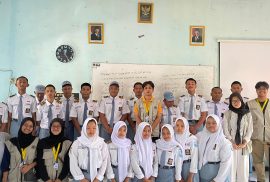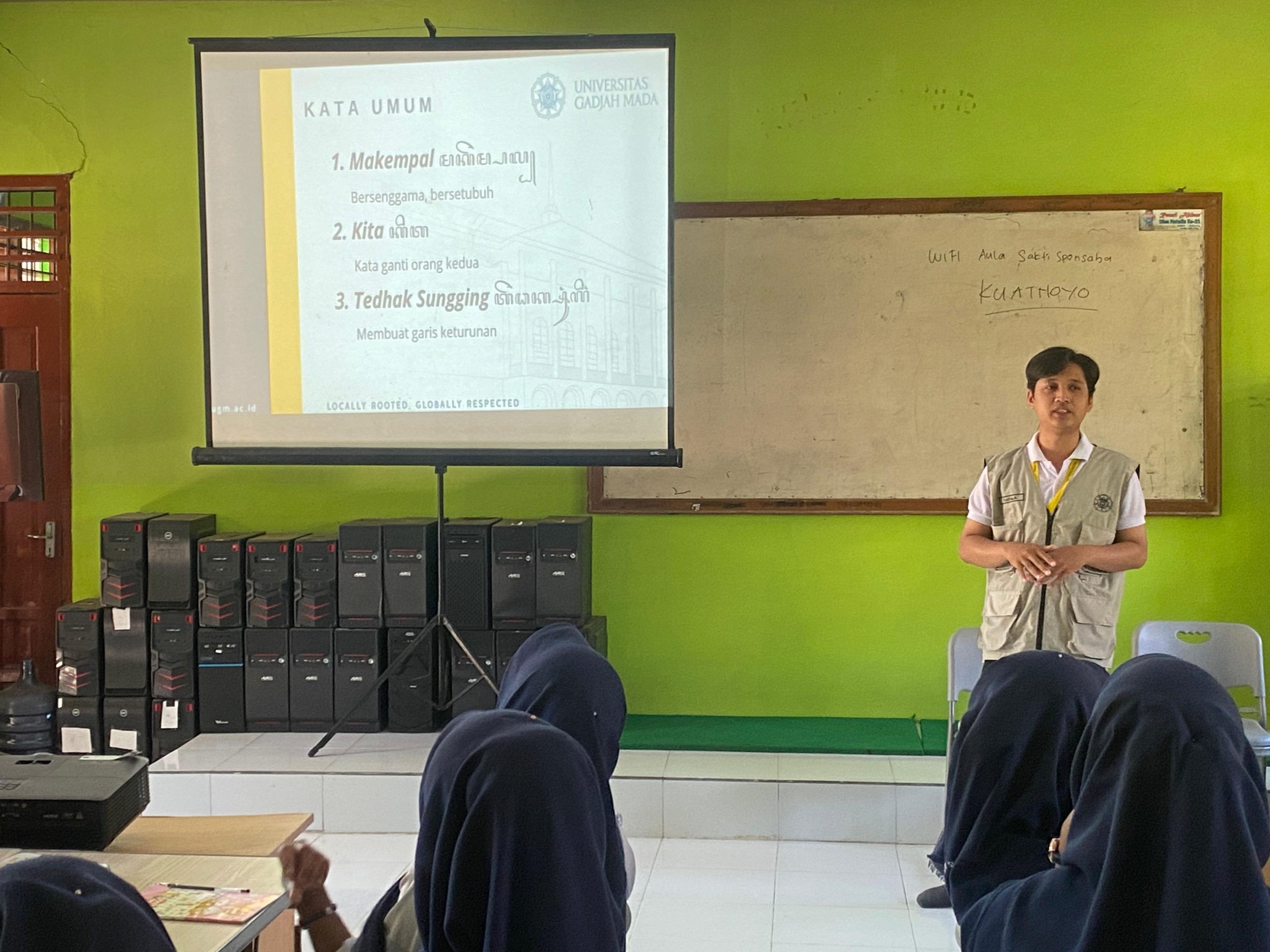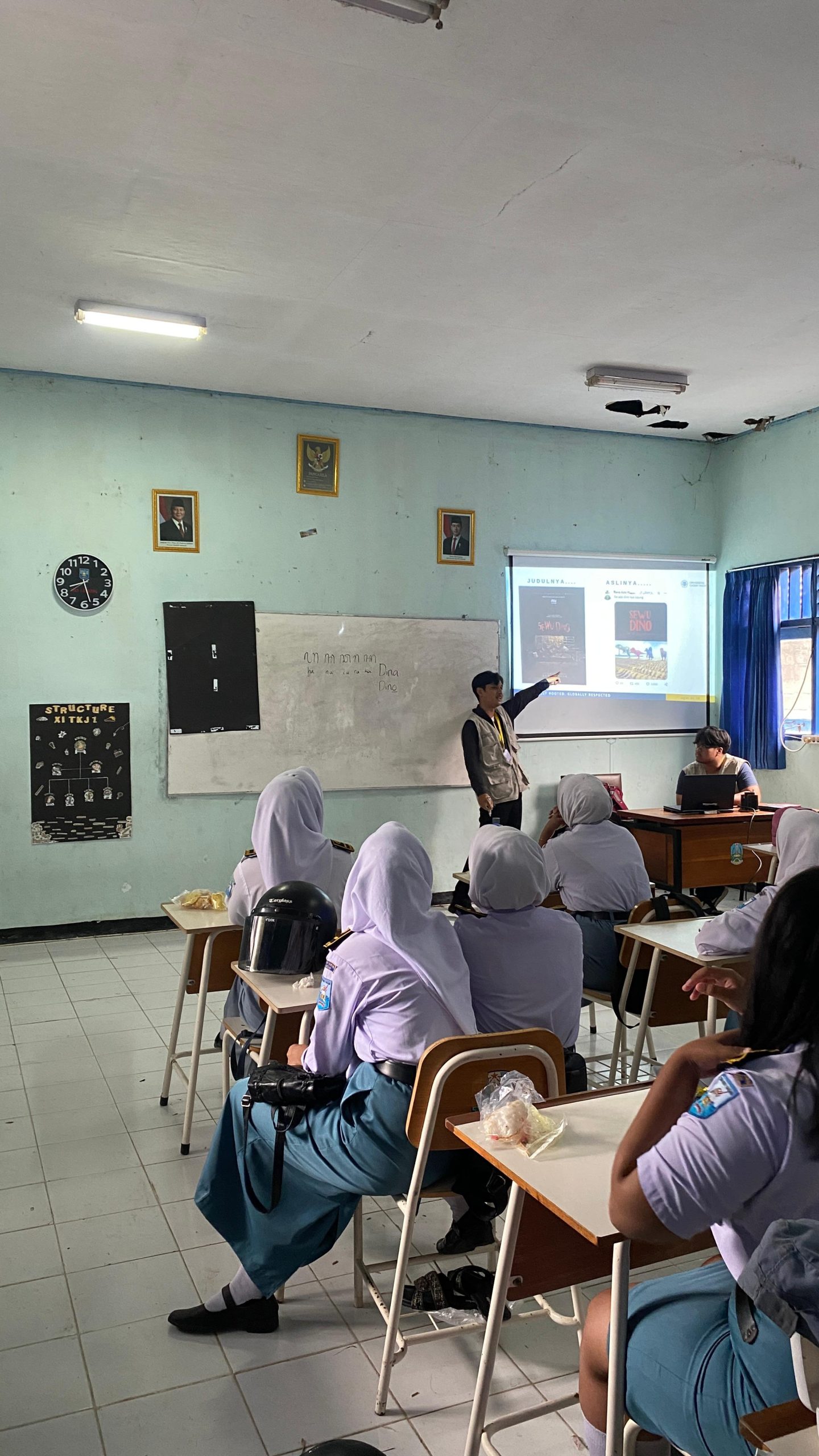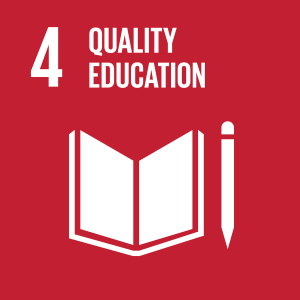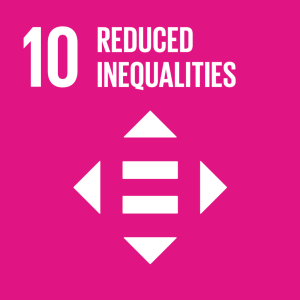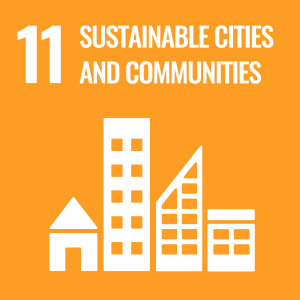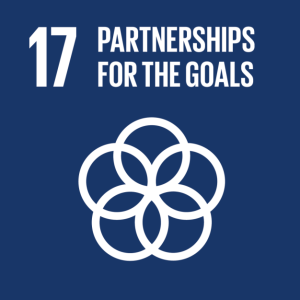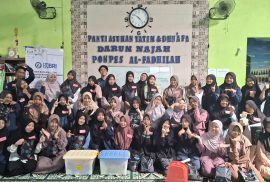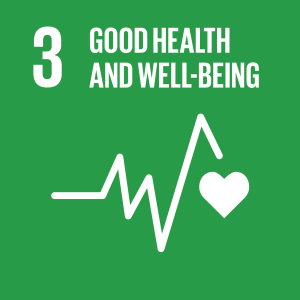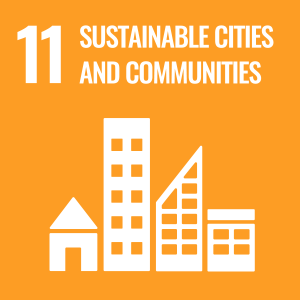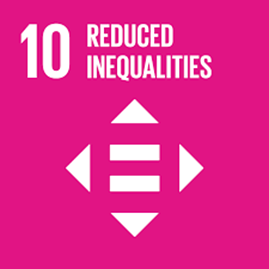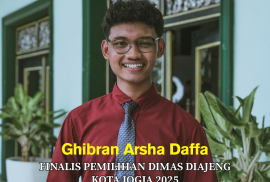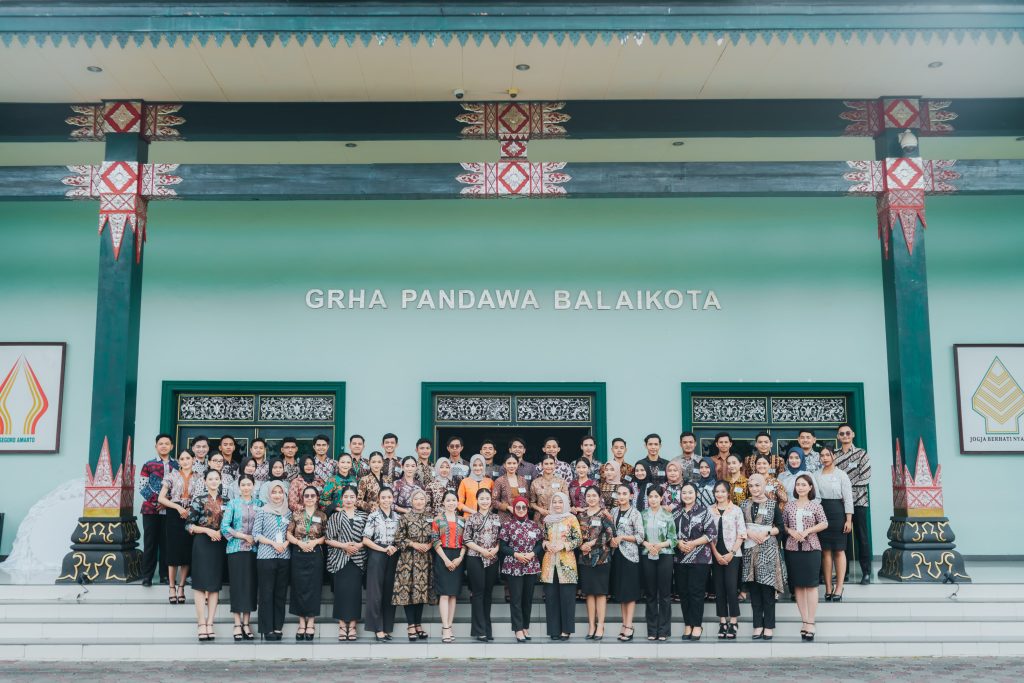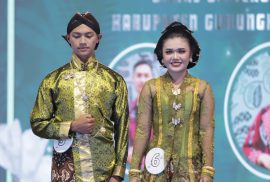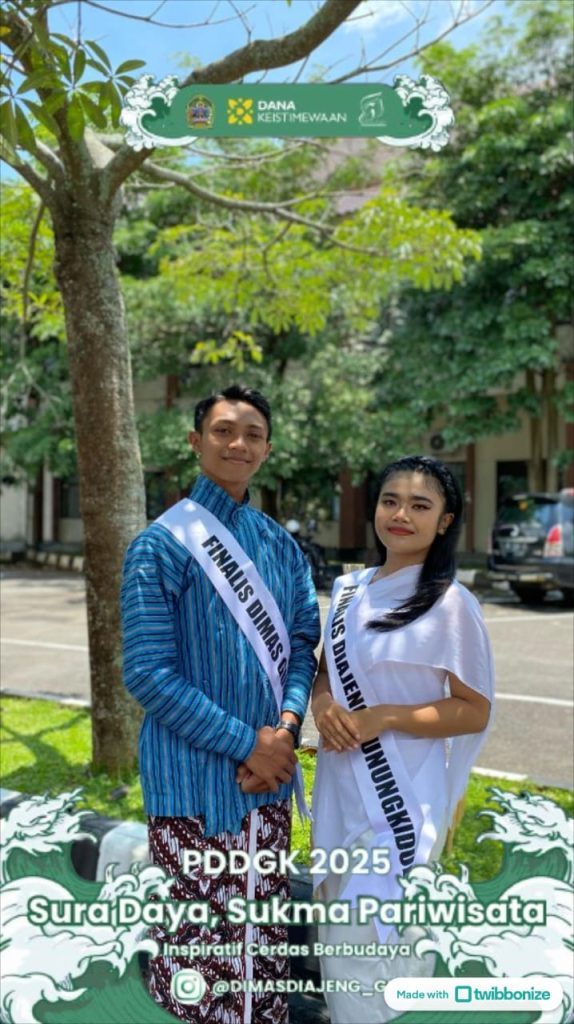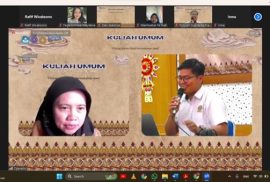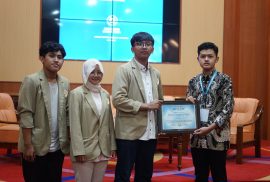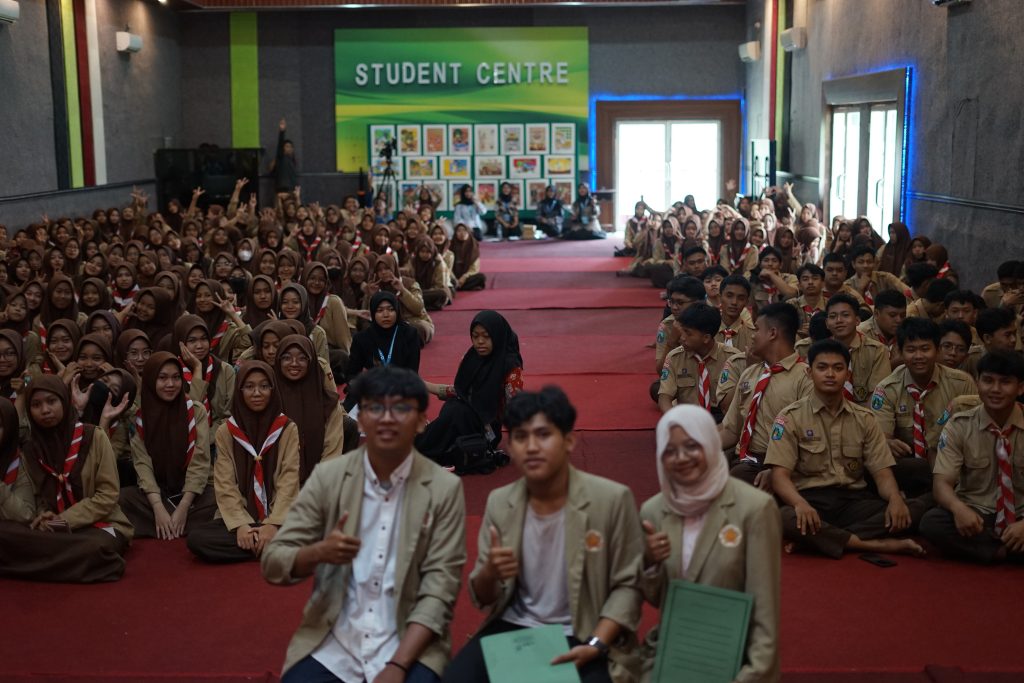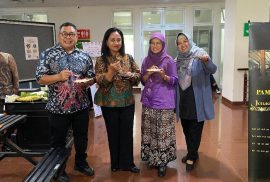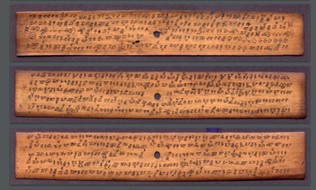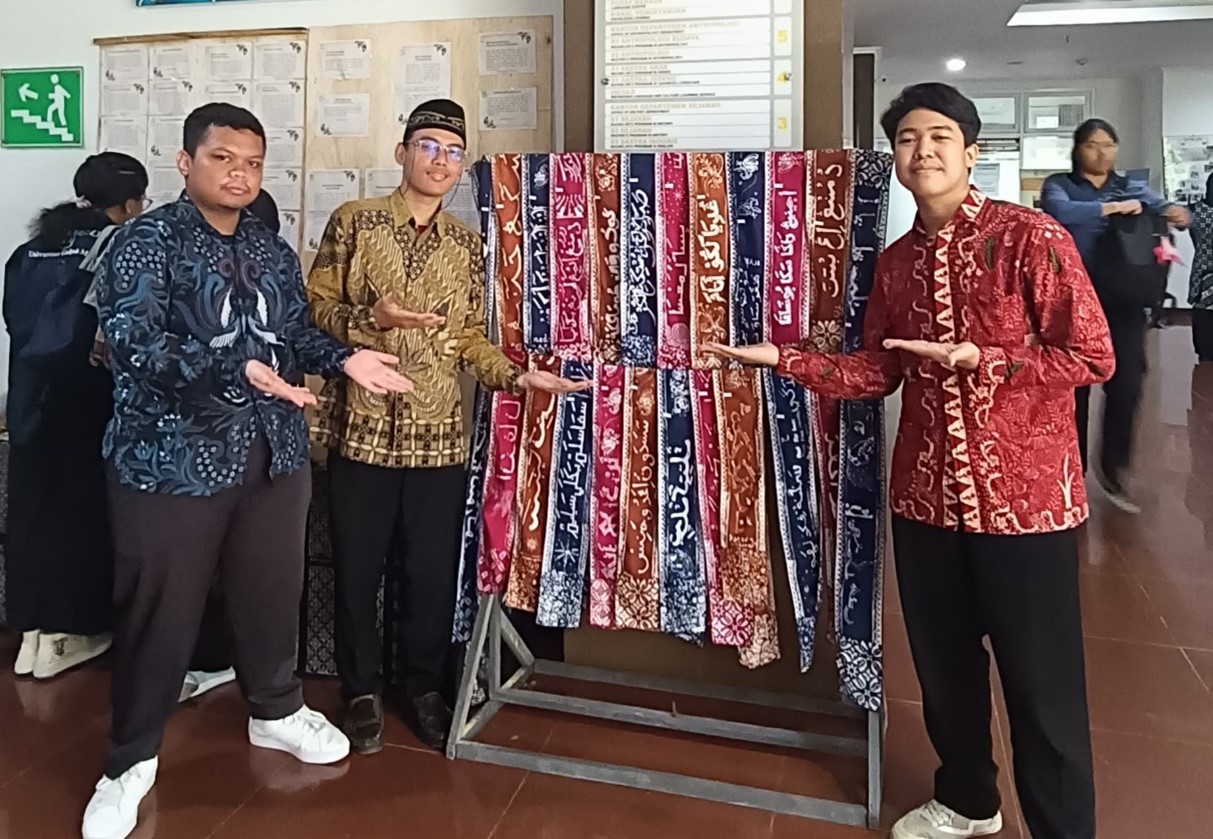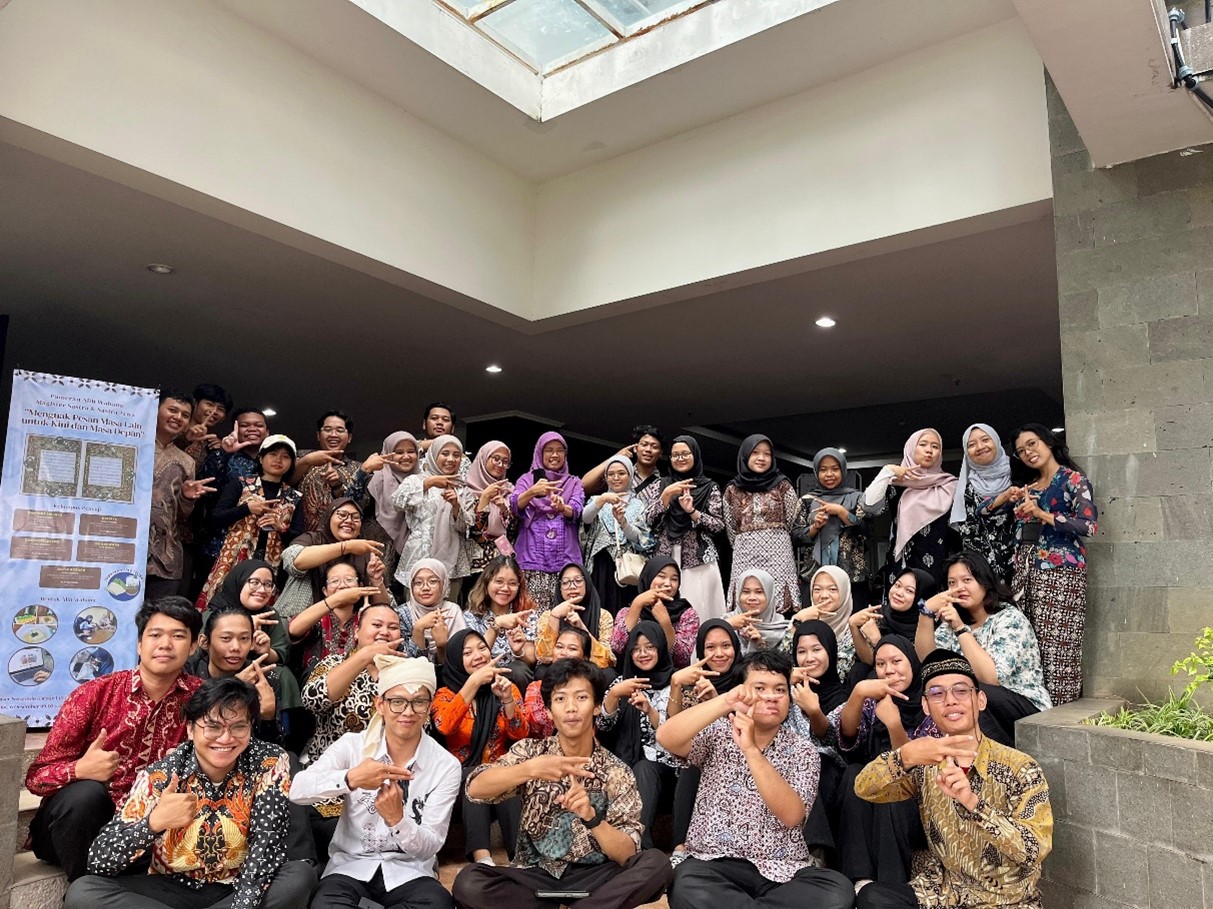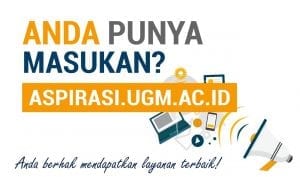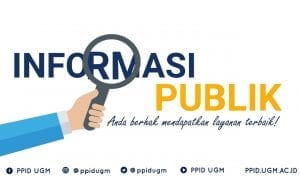A UGM Student Implements the “Sira Saraja” (Sinau Rame Aksara Jawa) Program to Promote the Use of Javanese Script and Language in Blitar
College StudentNewsSDGSStudentStudent's ActivityStudent's Work Tuesday, 2 September 2025
Universitas Gadjah Mada is holding a 50-day Community Empowerment Field Study Program (KKN-PPM) from June 20 to August 8, 2025. In its implementation, students are assigned to serve by carrying out programs aimed at community empowerment. This includes Yudha Adhistira, a student in the Javanese Language, Literature, and Culture Study Program, who is implementing the “Sira Saraja” (Sinau Rame Aksara Jawa) program in Blitar Regency, East Java. This program focuses on socializing the use of Javanese script and language to elementary to high school students in Bululalang Village and Bakung District, highlighting a number of common mistakes, such as the use of the words “makempal” and “tedhak sungging,” as well as errors in writing the names of villages and public places on digital platforms such as Google Maps.
In an online interview on August 31, 2025, Yudha explained that the aim of this program is to reduce misconceptions about the use of Javanese script and language, while fostering motivation and interest among the younger generation in Javanese language objects. “To attract this interest, the material has been designed to be appealing, such as displaying examples of beautiful Javanese manuscripts, conducting case studies of Javanese-language pop works, and introducing the potential of Javanese cultural objects and tourism in the Blitar area,” he explained.
However, the implementation of this program is not without challenges. Yudha revealed that there is still a lack of educators who are experts in the Javanese language and a limited number of student worksheets (LKS) that focus on Javanese script. Nevertheless, the students' enthusiasm was evident through their active questioning and interaction during the activities. "The situation was quite exciting and challenging, especially when presenting new things that could attract the children's interest. Despite some difficulties, the children's enthusiasm through their interactions and many questions about this teaching method is a joy in itself," he added.
The Sira Saraja program also reflects the importance of preserving regional languages as part of national identity. The slogan “language is the soul of a nation” is relevant in efforts to preserve and develop regional languages. The conditions in Bululalang Village and Bakung District are concrete examples of the current state of regional languages, which are becoming increasingly “foreign” to their speakers.
In line with this, in his lecture, Prof. Dr. Hendrokumoro, M.Hum., lecturer in the Javanese Language, Literature, and Culture Study Program and professor of Linguistics at the Faculty of Cultural Sciences, Universitas Gadjah Mada, emphasized the importance of a flexible, enjoyable, and relevant approach to learning regional languages (Hendrokumoro 2025, May 8). This is an important strategy so that regional language learners, especially native speakers, can continue to preserve and revive regional languages as a form of national identity. Therefore, synergy between various parties is needed as a joint effort in the preservation and development of regional languages in Indonesia.
Bibliography
Hendrokumoro. [Universitas Gadjah Mada]. (2025, May 8). Pengukuhan Prof. Dr. Hendrokumoro, M.Hum., Guru Besar Fakultas Ilmu Budaya UGM. [Video]. Youtube. Retrieved from https://www.youtube.com/watch?v=1d6PJDguBFk.

